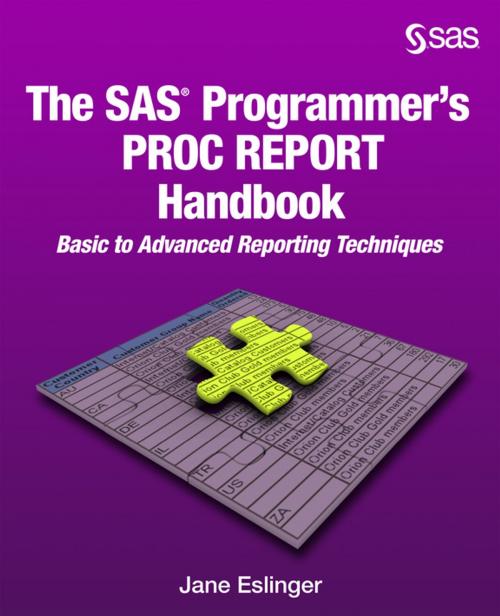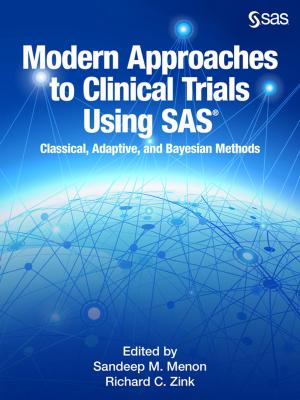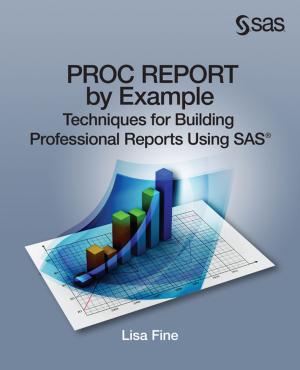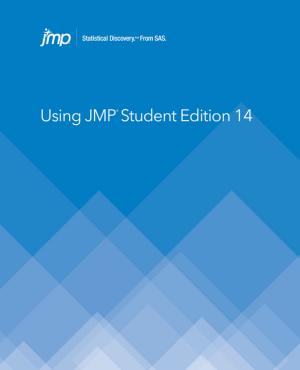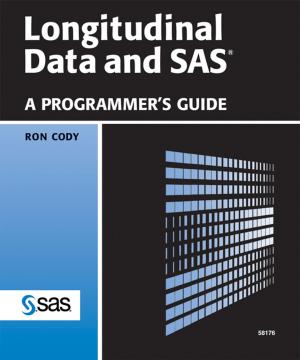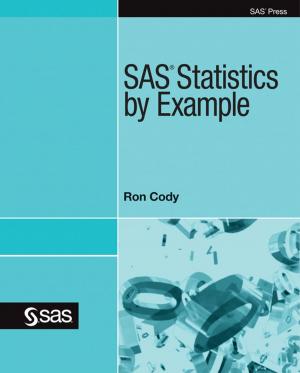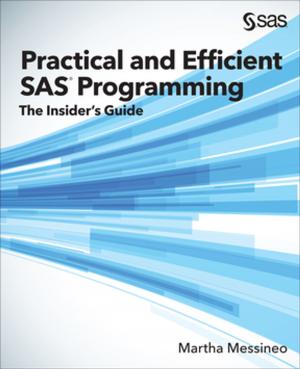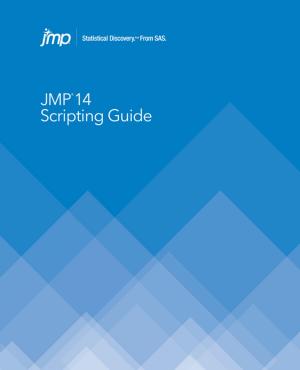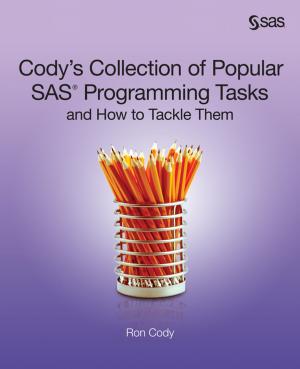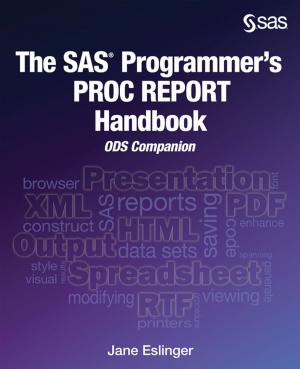The SAS Programmer's PROC REPORT Handbook: Basic to Advanced Reporting Techniques
Nonfiction, Computers, Application Software, Business Software| Author: | Jane Eslinger | ISBN: | 9781629602103 |
| Publisher: | SAS Institute | Publication: | March 23, 2016 |
| Imprint: | SAS Institute | Language: | English |
| Author: | Jane Eslinger |
| ISBN: | 9781629602103 |
| Publisher: | SAS Institute |
| Publication: | March 23, 2016 |
| Imprint: | SAS Institute |
| Language: | English |
The SAS Programmer's PROC REPORT Handbook: Basic to Advanced Reporting Techniques is intended for programmers of all skill levels. Learn how to link multiple reports, add graphics and logos, and manipulate table of contents values to help refine your programs, macrotize where possible, troubleshoot easily, and get great-looking reports every time. From beginner to advanced, the examples in this book will help you harness all the power and capability of PROC REPORT. With dozens of useful examples, this book is completely unique in three ways. First, this book describes the default behavior of table of contents nodes and labels, and how to change the nodes inside of PROC REPORT. The chapter also explains how to use PROC DOCUMENT in conjunction with PROC REPORT. Secondly, an entire chapter is dedicated to the troubleshooting of errors, warnings, and notes that are produced by PROC REPORT, including explanations of what generated the log message and how to avoid it. Third, the book explains how to preprocess your data in order to get the best output from PROC REPORT, and it explores reports that require multiple steps to create. Whether you work in banking/finance, pharmaceuticals, the health and life sciences, or government, this handbook is sure to be your new favorite reporting reference.
The SAS Programmer's PROC REPORT Handbook: Basic to Advanced Reporting Techniques is intended for programmers of all skill levels. Learn how to link multiple reports, add graphics and logos, and manipulate table of contents values to help refine your programs, macrotize where possible, troubleshoot easily, and get great-looking reports every time. From beginner to advanced, the examples in this book will help you harness all the power and capability of PROC REPORT. With dozens of useful examples, this book is completely unique in three ways. First, this book describes the default behavior of table of contents nodes and labels, and how to change the nodes inside of PROC REPORT. The chapter also explains how to use PROC DOCUMENT in conjunction with PROC REPORT. Secondly, an entire chapter is dedicated to the troubleshooting of errors, warnings, and notes that are produced by PROC REPORT, including explanations of what generated the log message and how to avoid it. Third, the book explains how to preprocess your data in order to get the best output from PROC REPORT, and it explores reports that require multiple steps to create. Whether you work in banking/finance, pharmaceuticals, the health and life sciences, or government, this handbook is sure to be your new favorite reporting reference.
